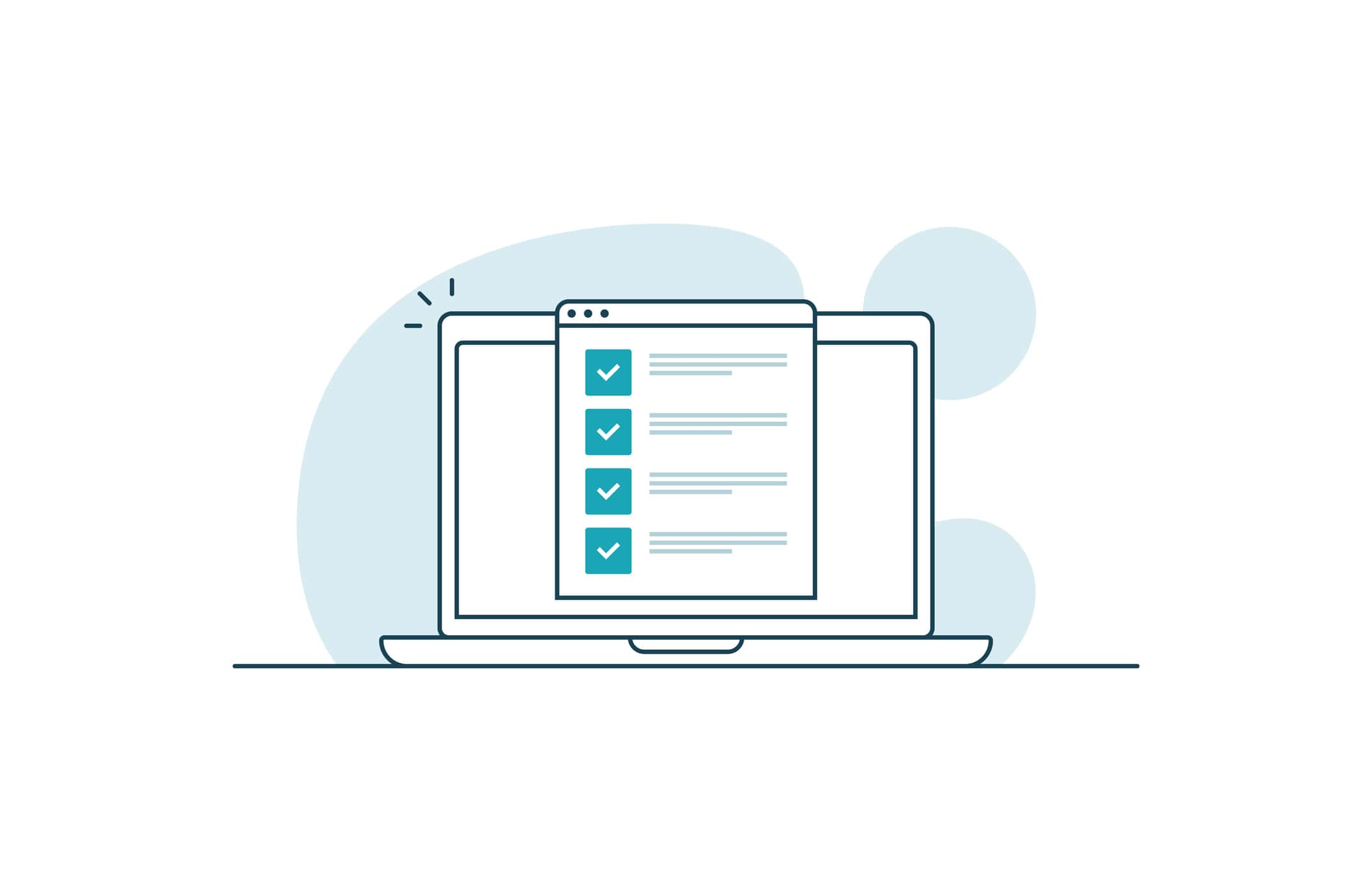Part Two: The Cloud and Security
This is both a concern and an advantage with cloud computing. Read on, and you’ll understand why.
If you’re truly vigilant, you can store your data on hard drives at your church and remain fairly safe. But by truly vigilant, I mean:
- You know where all your electronic data is stored. You know exactly who has access to it and when. You know that they are not wittingly or unwittingly copying or allowing others to see it. And access to data is tightly controlled using passwords.
- If your data is stored on a computer that also has internet access, you maintain good firewalls, constantly update your virus and malware protection, and install operating system updates as soon as they’re released. This also means untrusted visitors who might have wifi or ethernet connections to your system can’t get anywhere near your sensitive data.
- You keep your church management software up-to-date and perform nightly backups of all member/financial data. Copies of the backups are stored off-site, and you have a disaster recovery plan in place. Protection against power surges is a must and against power outages is a plus.
Basically, this means that churches with dedicated, qualified, technical staff or members can be as safe as churches whose management software and data are stored online —but if, and only if, you can dedicate the money and people needed make that safety happen. In the end, nobody is more concerned about your records than you are.
On the other hand, if you don’t have the resources required, cloud computing actually offers a step up in security.
You might be reassured by the fact that so many corporations are embracing it. A Bloomberg article recently concluded that “large, successful attacks aimed specifically at cloud providers for business have, for the most part, not materialized.” And a security expert at Verizon says “I’ve been looking for it, but I can’t find any real evidence that the cloud is more risky than hosting everything completely internal.”
These experts, though, deal with corporate customers. So the trick is to find an established company that can provide the same level of safety as those that cater to the business world. If you decide to go cloud, review the bulleted list above and make sure whomever you partner with can meet those standards. And your size doesn’t matter. All churches are entitled to each of these assurances, so don’t be shy about asking questions. If the vendors can’t measure up, odds are good that they won’t be in business long.
Next: Part 3, The Cloud and Mobility
Mark Thompson is a tech writer for ACS Technologies’ cloud offering, Realm.



